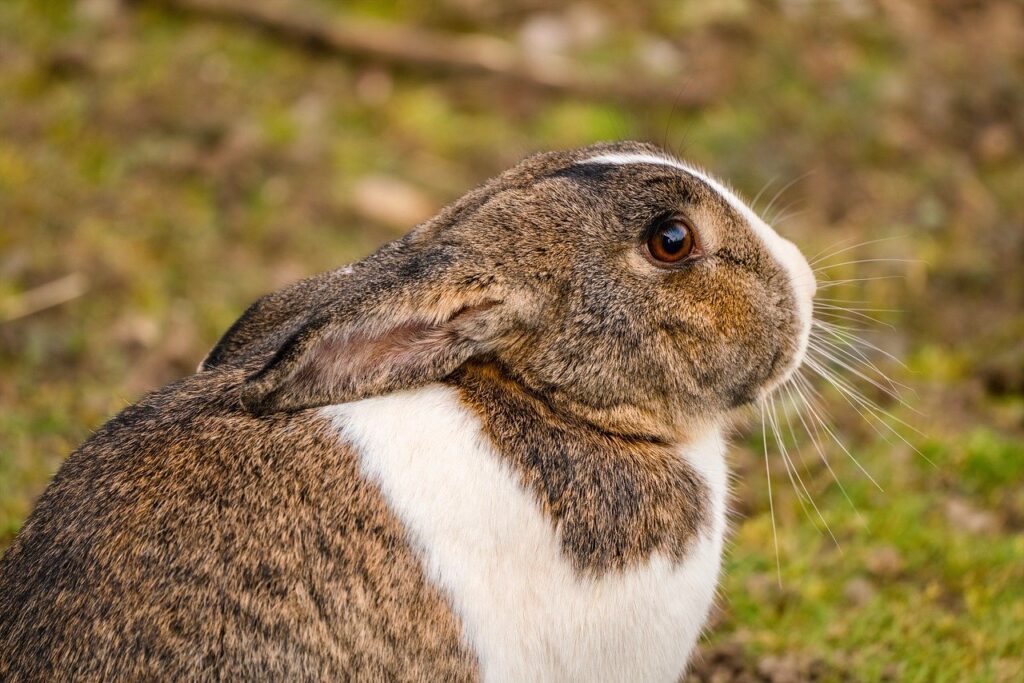Can rabbits eat fennel — Is it safe for your furry friend?
Rabbits, those cute and fluffy creatures, have specific dietary needs that should be met to ensure their well-being. As an experienced SEO content writer, I can confidently say that fennel can be a wonderful addition to a rabbit’s diet, but as with any food, moderation is key. Let’s explore the benefits of including fennel in your rabbit’s menu and the precautions to take to keep your furry companion safe and healthy.
Health Boosts from Fennel
Fennel aids digestion and promotes healthy weight management:
Fennel contains dietary fiber, which aids in maintaining a healthy digestive system for rabbits. It can help prevent gastrointestinal issues such as bloating and promote regular bowel movements. The fiber in fennel also assists in weight management by providing a feeling of satiety, preventing overeating, and maintaining a healthy weight for your rabbit.
Fennel is a source of essential nutrients:
Beyond its beneficial fiber content, fennel contains essential vitamins and minerals that contribute to your rabbit’s overall health. It is rich in vitamin C, which plays a vital role in supporting the immune system of rabbits and preventing scurvy. Additionally, fennel provides important minerals like potassium, calcium, and magnesium, which aid in maintaining strong bones and proper muscle function.
Fennel can freshen your rabbit’s breath:
Imagine cuddling up to your rabbit without worrying about their breath! Fennel has natural antibacterial properties that can help freshen your furry friend’s breath. Chewing on fennel can reduce bacterial growth in the mouth, improving your rabbit’s dental hygiene and preventing potential oral health issues.
Recommended Frequency and Quantity
When introducing fennel to your rabbit’s diet, it is crucial to start slowly and monitor their response. Begin by offering a small amount, roughly one to two tablespoons, and observe how your rabbit reacts. If they tolerate fennel well, you can gradually increase the quantity.
However, it’s essential to remember that fennel should be considered a treat or occasional addition to their diet, rather than a staple. A balanced diet for rabbits mainly consists of fresh hay, high-quality rabbit pellets, and fresh vegetables. Aim to include fennel in their meals once or twice a week, alongside other rabbit-safe vegetables, to maintain a well-rounded diet.
Potential Cautions
While fennel can be a safe and beneficial addition to your rabbit’s diet, certain precautions should be observed. Firstly, avoid feeding fennel leaves in large quantities, as they contain higher concentrations of essential oils that might cause digestive issues in rabbits.
Secondly, always ensure that the fennel you offer to your rabbit is fresh, pesticide-free, and thoroughly washed. Any signs of mold or spoilage should be avoided to prevent potential health problems.
Can Other Pets Enjoy Fennel Safely?
Yes! Fennel is not exclusive to rabbits; other pets, such as guinea pigs and hamsters, can also enjoy this tasty herb in moderate amounts. Please remember to adapt the quantity according to the size and dietary needs of each pet to avoid any adverse effects.
Conclusion
In conclusion, fennel can indeed be a safe and beneficial addition to your rabbit’s diet. It offers various health boosts, aids in digestion and weight management, and even freshens their breath. Remember to introduce fennel gradually, with moderation and alongside a balanced diet. Always prioritize your rabbit’s well-being and consult a veterinarian if you have any concerns or questions regarding their dietary needs. Enjoy exploring new treats and ensuring a happy, healthy life for your adorable rabbit!






